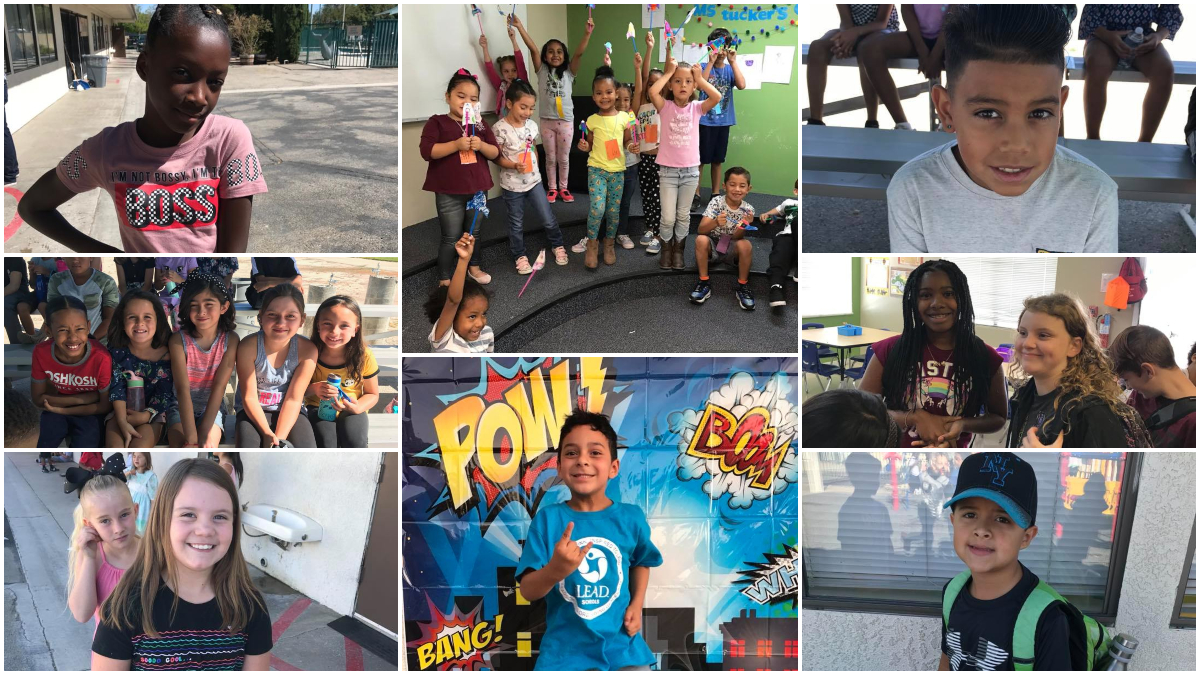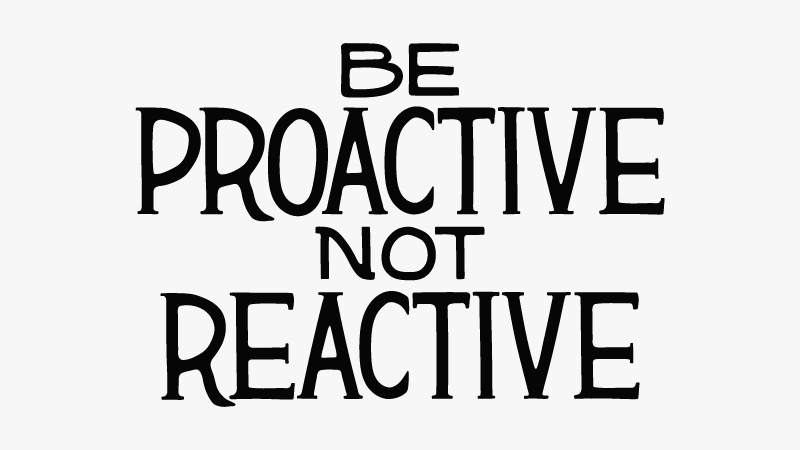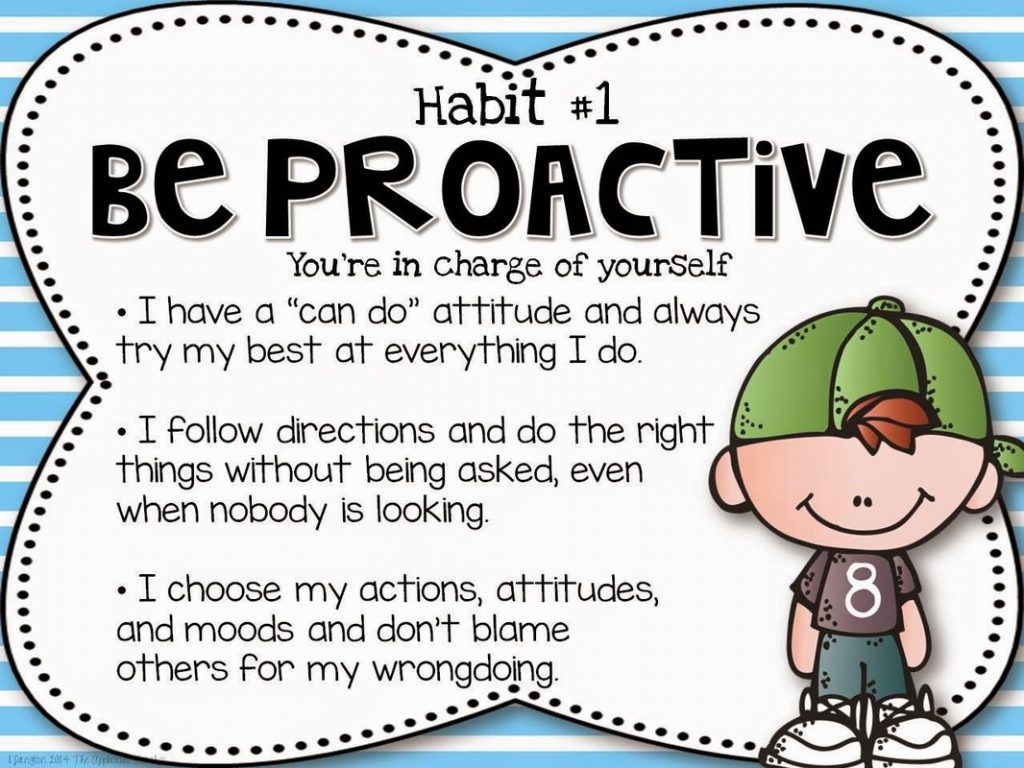Editor’s Note: This is one in a series of articles on the pillars of iLEAD Antelope Valley’s educational philosophy and approach.
They say communication is key, but if we lack understanding in our relationships and interactions, how can we ever hope to truly, clearly communicate?
This week, we’re examining Habit #5: Seek First to Understand, Then Be Understood.
Many of us often seek first to be understood; we want to get our point across. But in doing so, it’s easy to ignore the other person completely, pretend that we’re listening, selectively hear certain parts of the conversation or attentively focus on only the words being said, but miss the meaning entirely. And so, what happens is that we filter everything through our life experiences and decide what someone means before they’ve even finished.
But is that the most effective communication?
Our listening tends to fall into four categories:
- Ignoring: We’re not listening at all.
- Pretending: We may say “uh-huh, right,” but we’re not really tuned in.
- Selective listening: We hear part of what the person says, but the rest of the time we’re distracted.
- Attentive listening: We’re actively listening, paying attention but not taking our listening to the ultimate level — empathetic listening.
Dr. Stephen Covey defined empathetic listening as listening with the intent to truly understand. To really understand, we need to get inside another person’s frame of reference, and see the world from their point of view. Our listening also needs to be driven by an authentic desire to understand the other person and to build trust with them.
As part of the iLEAD Antelope Valley educational model, we encourage learners to incorporate the following practices into their communication:
- I listen to other people’s ideas and feelings.
- I try to see things from their viewpoints.
- I listen to others without interrupting.
- I am confident in voicing my ideas.
- I look people in the eyes when talking.
When we listen with the intent to understand others, instead of simply with the intent to reply, we begin true communication and relationship-building. Seeking to understand takes kindness; seeking to be understood takes courage. Effectiveness in our communication thrives in a balance of the two.
Join us next week as we explore Habit #6: Synergize.
For more information on the 7 Habits and other leadership resources, click here to visit the FranklinCovey website.





